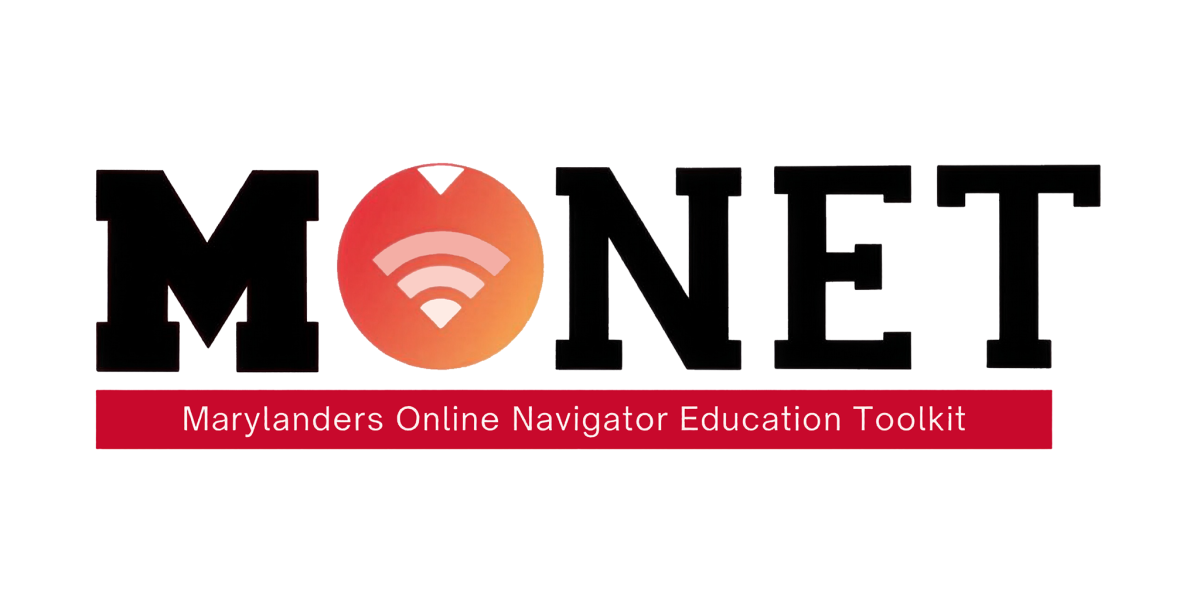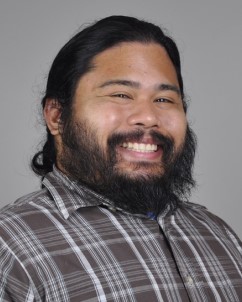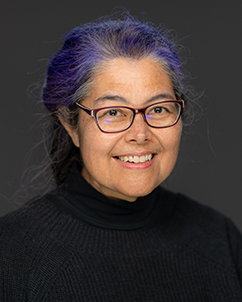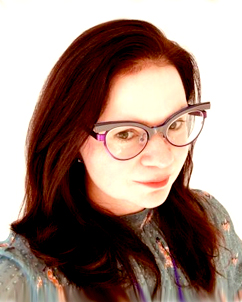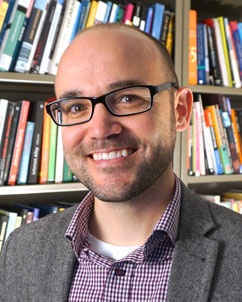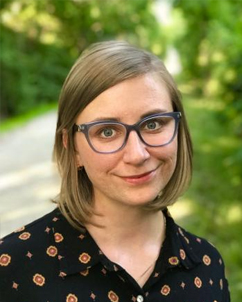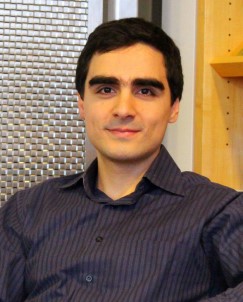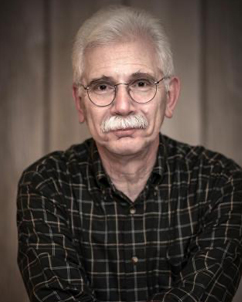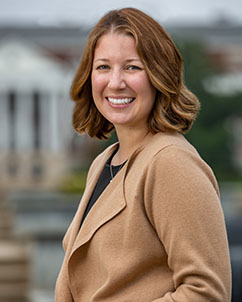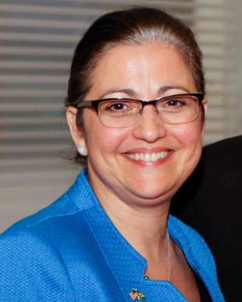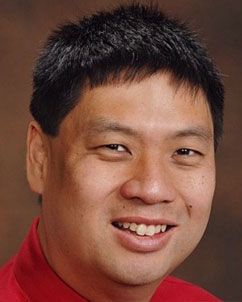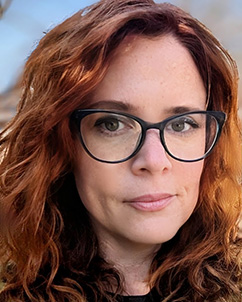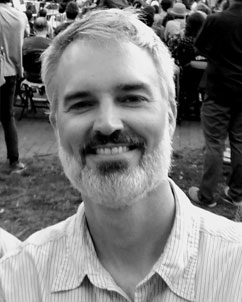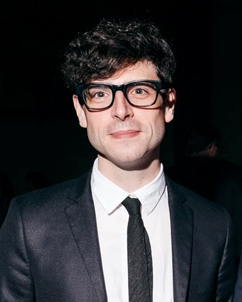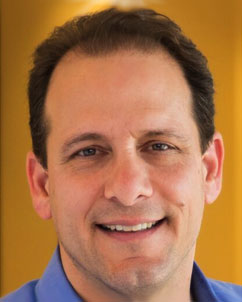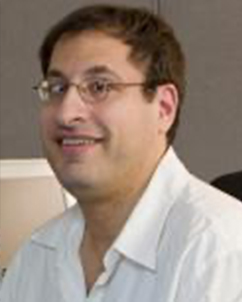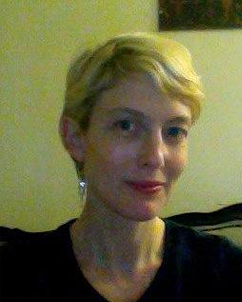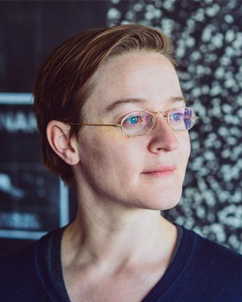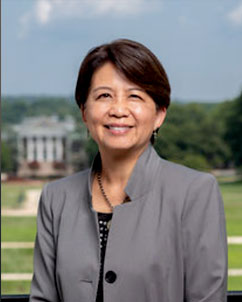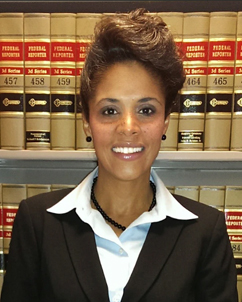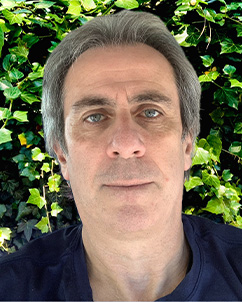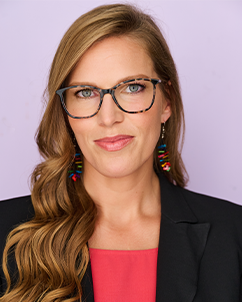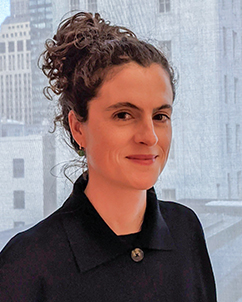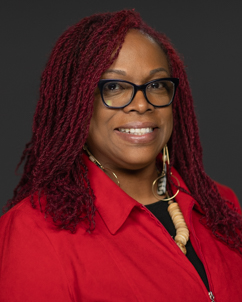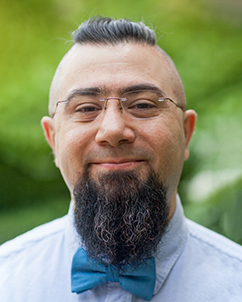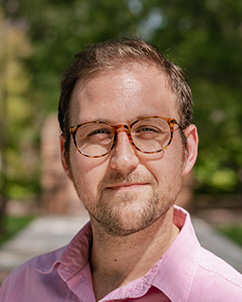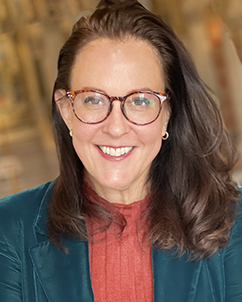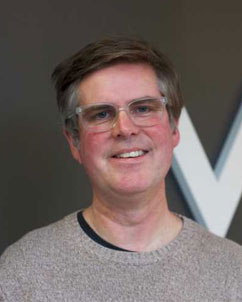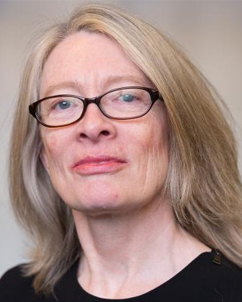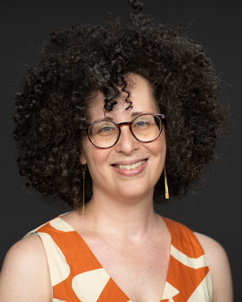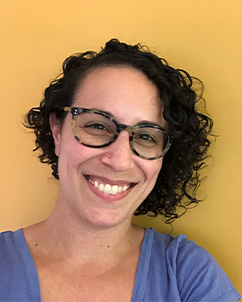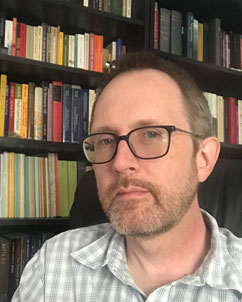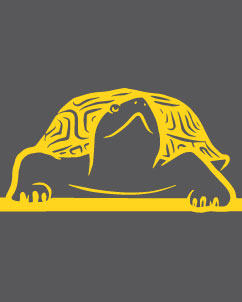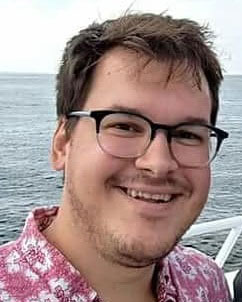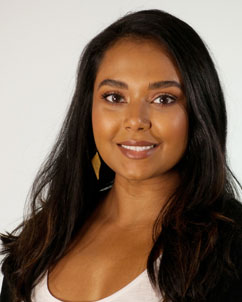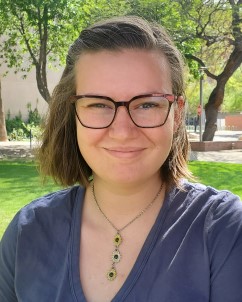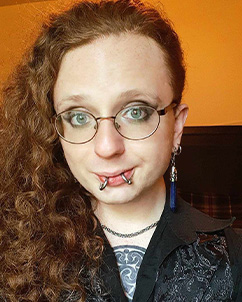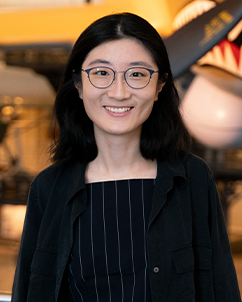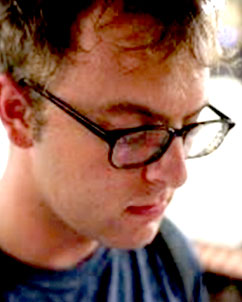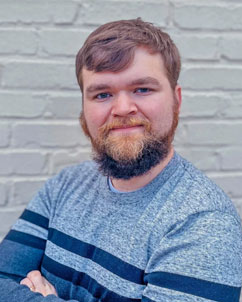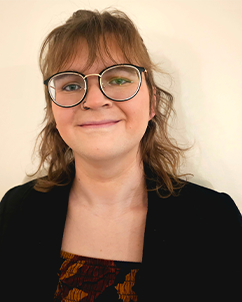Digital Humanities
Developing tools and methods to digitize artifacts and discover new knowledge in collections related to human rights and cultural legacies.
Research Projects
Opera on the Nation’s Stage
Principal Investigator(s): Jessica Grimmer
Funder: Music Library Association (MLA) Other Non-Federal
Research Areas: Archival Science > Data Science, Analytics, and Visualization > Digital Humanities
This project examines the history of opera in Washington, D.C., using digital humanities methods and a new “narrative bibliography” to map its artistic and cultural networks.
Principal Investigator(s): Jessica Grimmer
Funder: Music Library Association (MLA) Other Non-Federal
Research Areas: Archival Science > Data Science, Analytics, and Visualization > Digital Humanities
This project examines the history of opera in Washington, D.C., using digital humanities methods and a new “narrative bibliography” to map its artistic and cultural networks.
Quantum Choreobotics: Democratizing Quantum Computing Through Interactive Dance/ Theater Performance, With On-Body Robots
Principal Investigator(s): Bill Kules
Funder: UMD Funded
Research Areas: Data Science, Analytics, and Visualization > Digital Humanities > Health Informatics > Human-Computer Interaction > Machine Learning, AI, Computational Linguistics, and Information Retrieval
UMD researchers Bill Kules and Huaishu Peng are exploring quantum choreobotics, an interactive dance-theater performance where audiences influence robot movements to engage with quantum technology concepts. The project uses art and performance to make complex scientific ideas accessible and thought-provoking for the public.
Principal Investigator(s): Bill Kules
Funder: UMD Funded
Research Areas: Data Science, Analytics, and Visualization > Digital Humanities > Health Informatics > Human-Computer Interaction > Machine Learning, AI, Computational Linguistics, and Information Retrieval
UMD researchers Bill Kules and Huaishu Peng are exploring quantum choreobotics, an interactive dance-theater performance where audiences influence robot movements to engage with quantum technology concepts. The project uses art and performance to make complex scientific ideas accessible and thought-provoking for the public.
Crowdsourced Data: Accuracy, Accessibility, Authority (CDAAA)
Principal Investigator(s): Victoria Van Hyning
Funder: Institute of Museum and Library Services
Research Areas: Accessibility and Inclusive Design > Archival Science > Digital Humanities > Information Justice, Human Rights, and Technology Ethics > Library and Information Science > Social Networks, Online Communities, and Social Media
CDAAA explores the sociotechnical barriers libraries, archives, and museums face in integrating crowdsourced transcriptions to discovery systems.
Principal Investigator(s): Victoria Van Hyning
Funder: Institute of Museum and Library Services
Research Areas: Accessibility and Inclusive Design > Archival Science > Digital Humanities > Information Justice, Human Rights, and Technology Ethics > Library and Information Science > Social Networks, Online Communities, and Social Media
CDAAA explores the sociotechnical barriers libraries, archives, and museums face in integrating crowdsourced transcriptions to discovery systems.
Faculty
Staff
Recent News
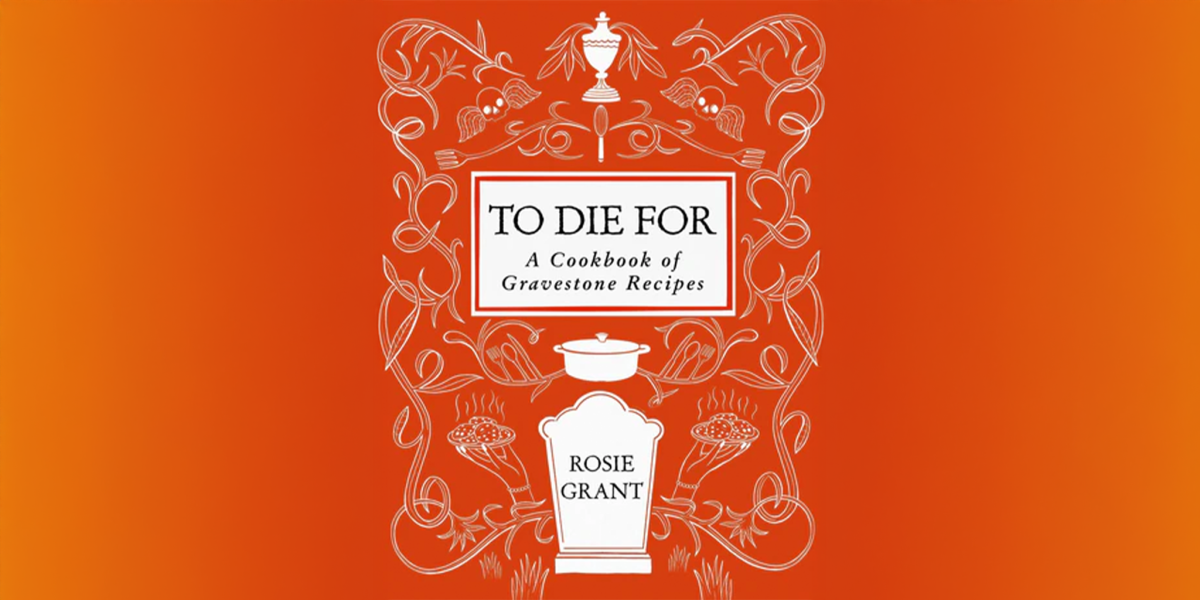
"To Die For" A Cookbook of Gravestone Recipes By Rosie Grant
(Video) MLIS Alumni Spotlight: CBS News: “To Die For”: Beloved Recipes Etched in Stone (ft Rosie Grant ’22)
MLIS alum Rosie Grant uncovers and preserves gravestone recipes, showing how cherished dishes keep loved ones’ memories alive
Photo licensed by Adobe Stock via Katerina
WTOP News: Maryland Students Work to Preserve a Unique Bit of Animal History About Greenbelt (ft. Eric Hung)
Guided by Professor Eric Hung, UMD INFO students digitize and share Greenbelt’s surprising pet history with the community